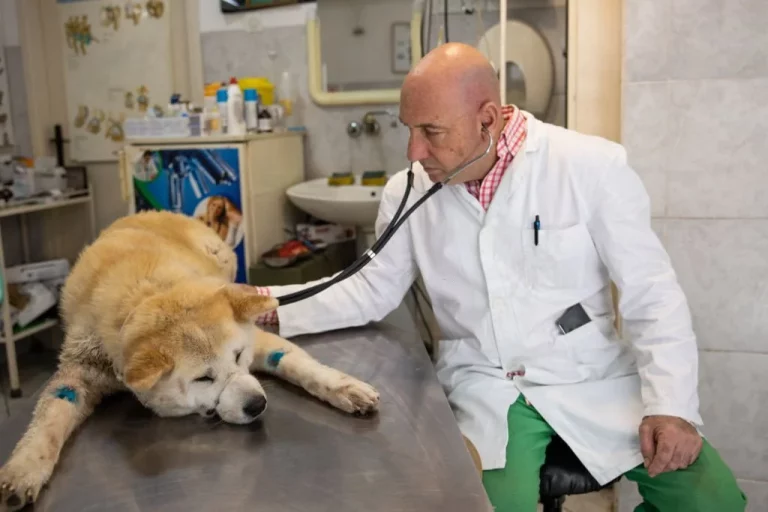Why Animal Clinics Are Essential for Early Detection of Health Issues in Pets
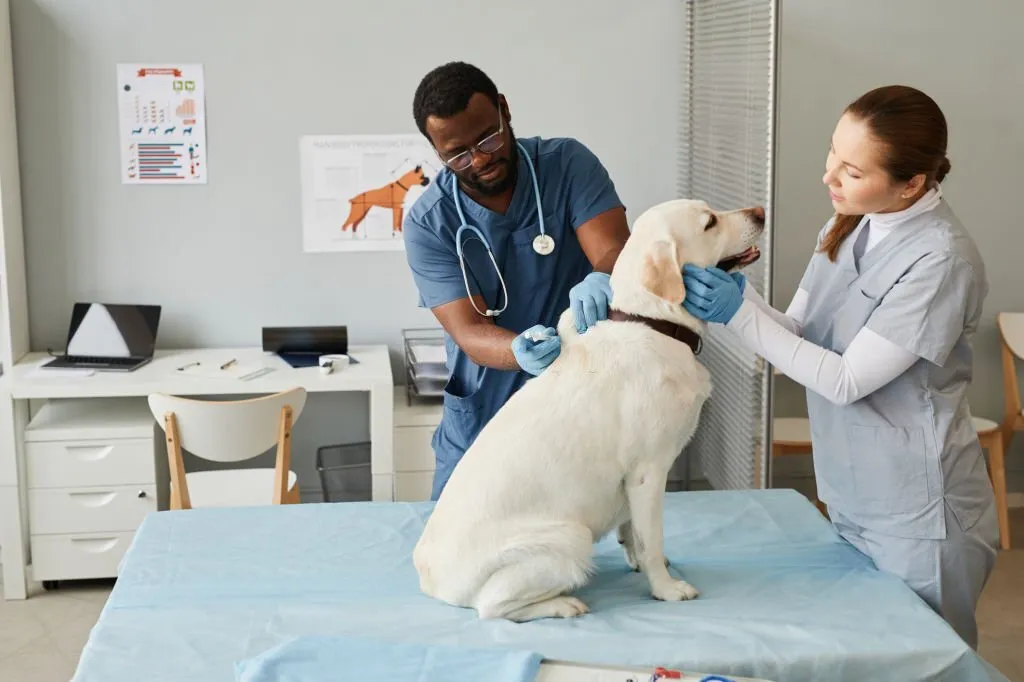
Table of Contents
Many health problems can be treated successfully if caught early and go to animal clinics at the right time. Unfortunately, animals are innately wired to hide sickness and will often not show obvious signs of illness until the condition has progressed past the point of treatment. Animal clinics are essential for diagnosing pet health issues before they get out of hand. This is achieved through a thorough physical exam and routine blood work.
Providing excellent services at Animal Clinics
Preventative Care
Everyone knows the proverb, “an ounce of prevention is worth a pound of cure,” which unquestionably holds for your pet’s health. Regular check-ups and screenings can catch many issues in their early stages, which makes them much easier (and less costly) to treat. This is especially true when it comes to preventing infectious diseases. For example, a new study found that extra-small dog breeds are five times more likely to suffer from periodontal disease and should receive regular dental cleanings to avoid expensive extractions and life-threatening infections. Preventative care also includes keeping your pet up-to-date with vaccinations, preventing parasite exposure, and testing for diseases like heartworms and intestinal worms. Effective at-home care, including feeding your pet high-quality food, weight management, and dental hygiene, is also essential. However, it is only possible to identify some potential problems your pet may face at home. This is where NW Houston animal clinic can help.
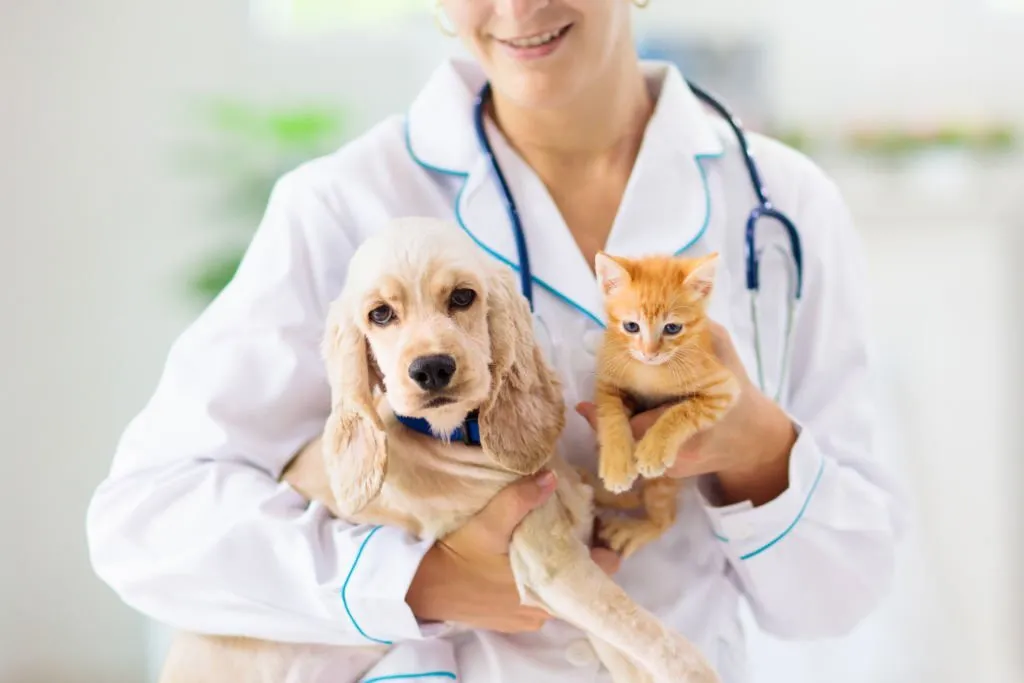
Early Detection
During a physical examination, veterinarians look for tell-tale signs that something may be wrong. Animals can be very good at hiding illness and pain, but there are still many early symptoms that will give a vet a clue that something is awry. For example, a dog with kidney disease will start drinking and urinating more frequently. If this is caught early, your animal hospital veterinarian can recommend a special diet that will slow the progression of the disease and help your pet feel better. Routine wellness tests like complete blood count (CBC) testing, a chemistry panel, and urinalysis can also help identify conditions at their early stages. This is often less expensive and more effective than treating disease after it has progressed. Additionally, it helps ease the financial and emotional strain on pet owners. A fecal test can also pick up intestinal parasites that can cause serious disease in pets and humans.
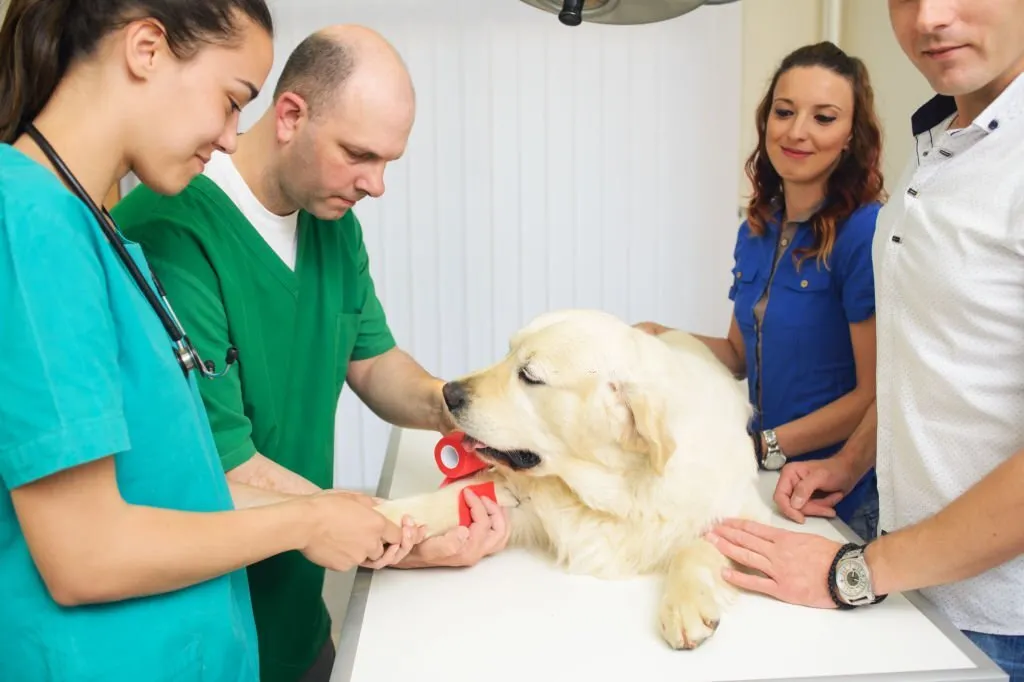
Diagnostic Testing
Veterinary health screenings include blood work and analysis of other body fluids, such as urine. These help veterinarians identify conditions that might not appear in a physical exam. Clinical chemistry, which studies the chemical composition of a sample—usually blood plasma—reveals how well organs like the liver and kidneys are functioning and can help vets diagnose disorders like diabetes or pancreatitis. Other tests, such as urinalysis, measure how well your pet’s kidneys and bladder work and can help identify issues that could lead to UTIs or other infections. Other diagnostic testing includes MRI, which uses magnetic fields to take small “slices” of your pet’s brain and allows vets to see the organ’s structure and functioning. MRI is especially useful for diagnosing neurological problems and some cancers.
Related: Pet supplies plus vet clinic
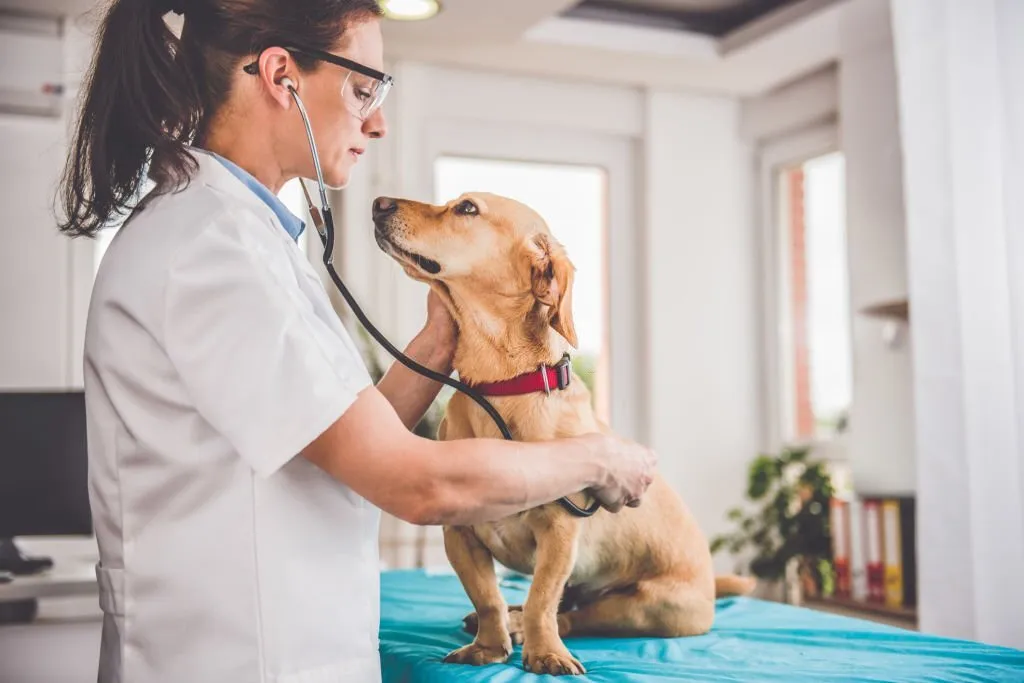
Treatment
In addition to medical tests, veterinarians can perform various treatments. Some treatments are similar to those used on humans, while others are specifically geared towards pets. Veterinarians can also support and guide on managing certain pet mental health conditions. These problems often show themselves as behavioral issues, like aggression or self-harm. Pets can also act as a form of therapy for people with ADHD or anxiety, helping them to focus and control their behavior.
In addition to offering vaccinations and medical tests, Animal Clinics can offer dental and surgical care for your pet.





